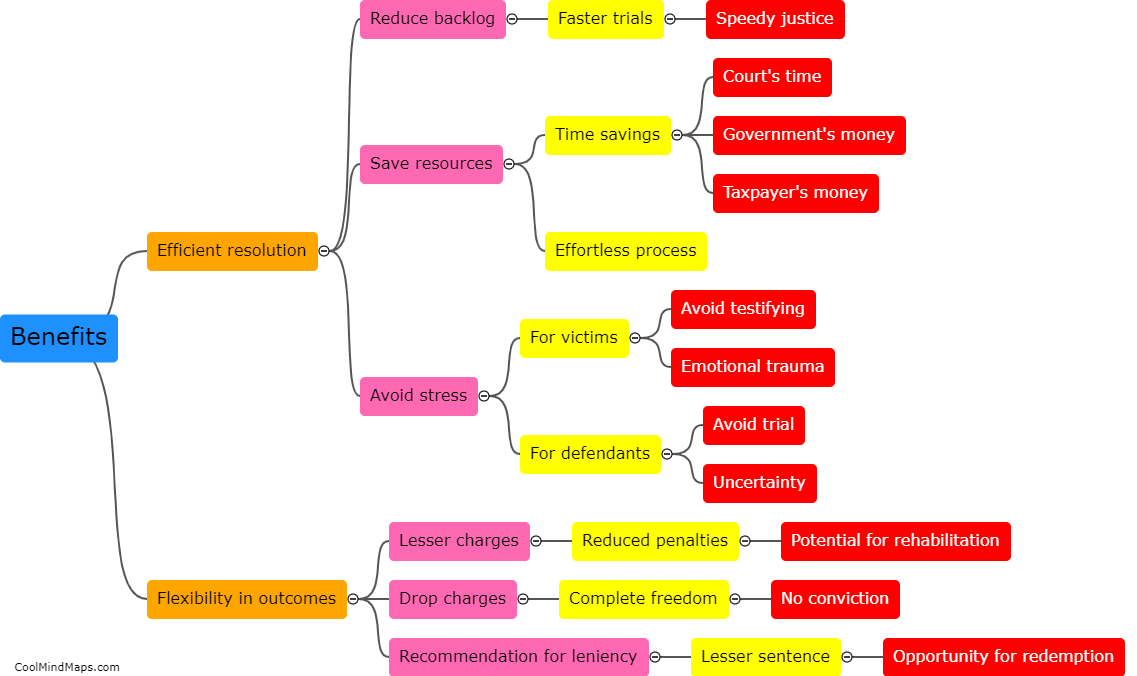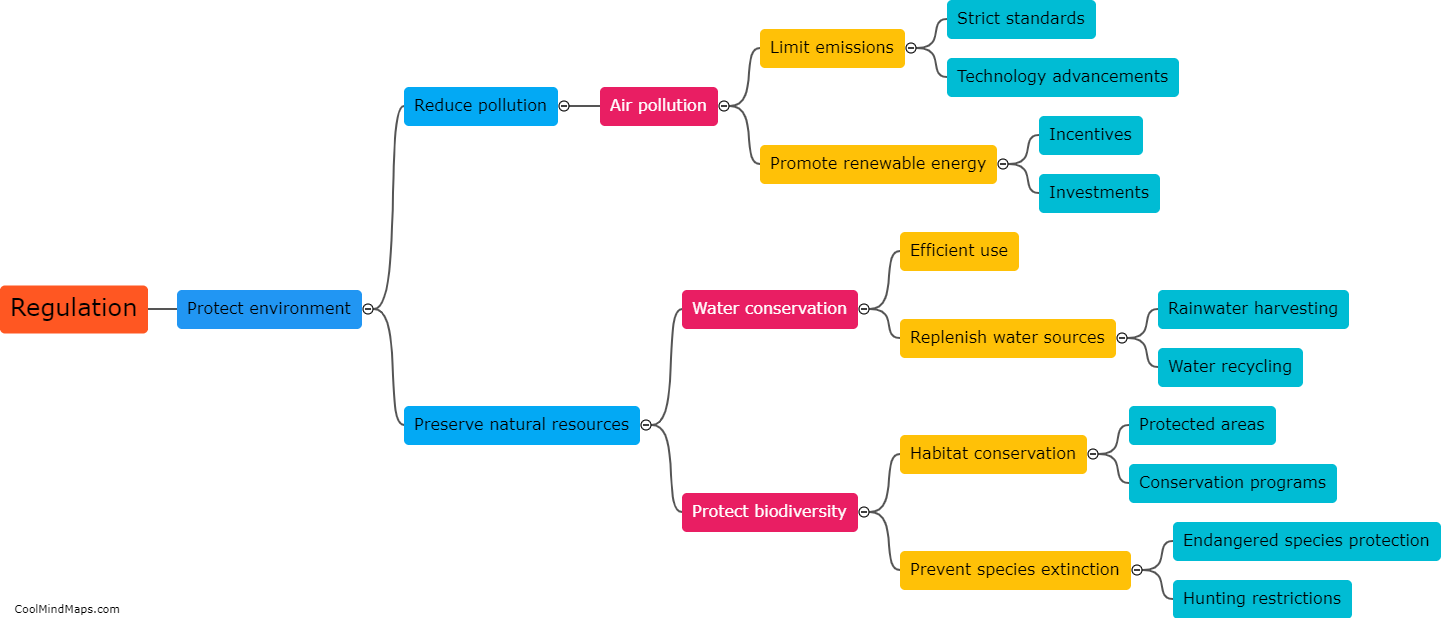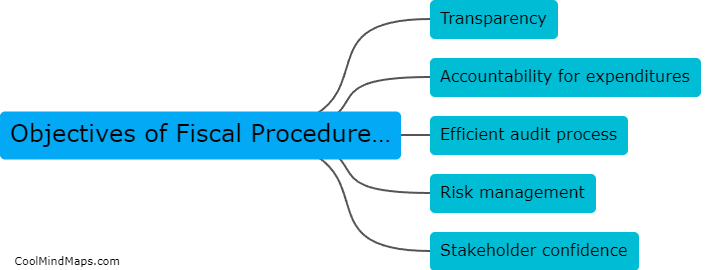What is the significance of tools in environmental regulation?
Tools play a crucial role in environmental regulation as they enable governments, organizations, and individuals to effectively monitor, assess, and control activities that impact the environment. Environmental regulation refers to the laws, policies, and procedures implemented to protect and conserve natural resources, prevent pollution, and mitigate the negative impacts of human activities on the ecosystem. Tools such as environmental impact assessments, monitoring systems, emissions trading schemes, and eco-labeling provide the means to measure and evaluate the environmental aspects of various activities, including industrial processes, transportation systems, and waste management practices. By using these tools, regulatory bodies can enforce compliance, identify environmental risks, set benchmarks, and incentivize sustainable practices, ultimately contributing to the preservation and restoration of our planet.

This mind map was published on 28 November 2023 and has been viewed 80 times.











